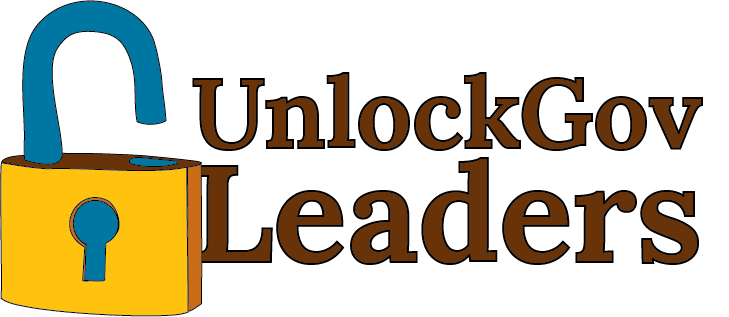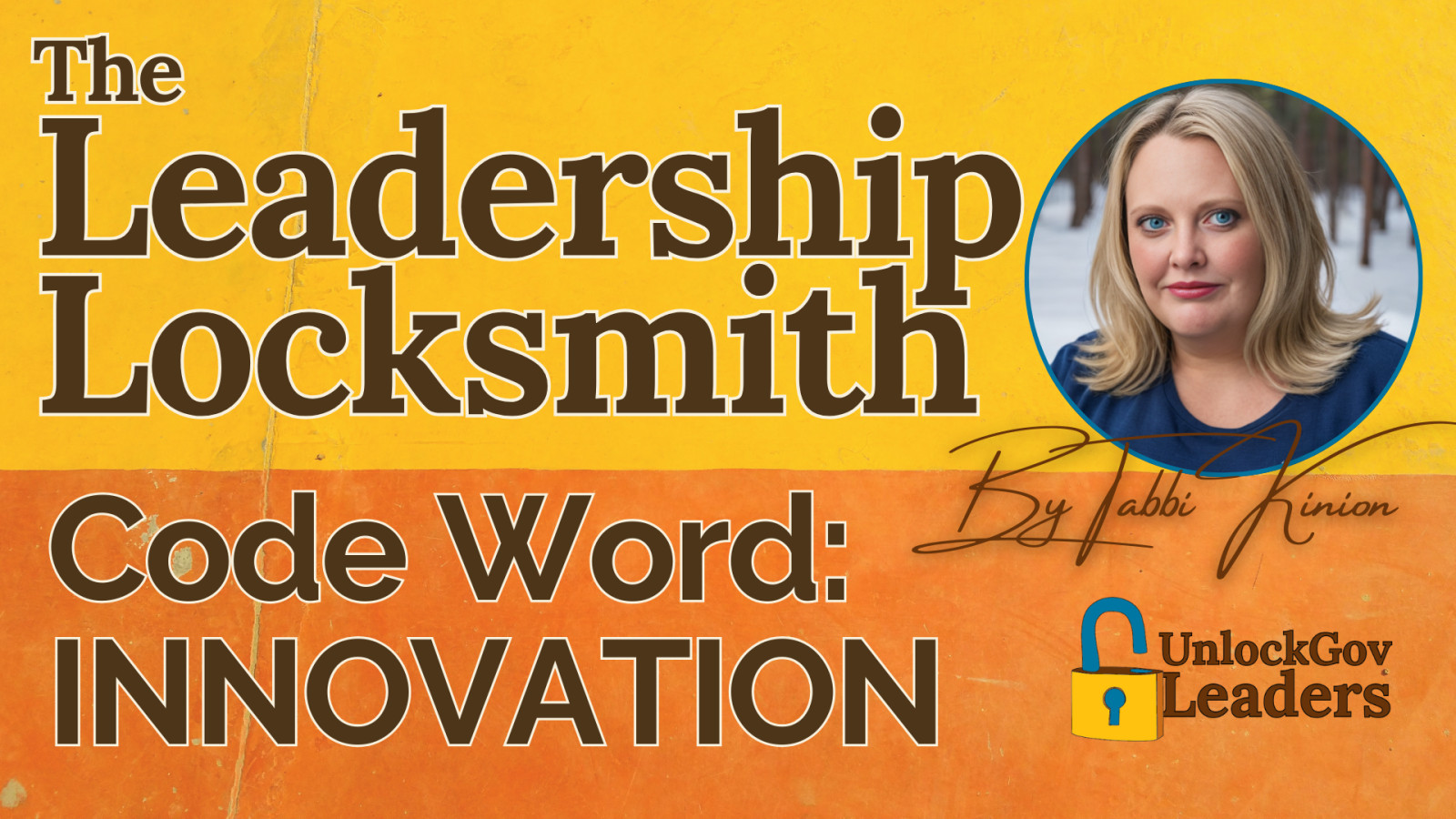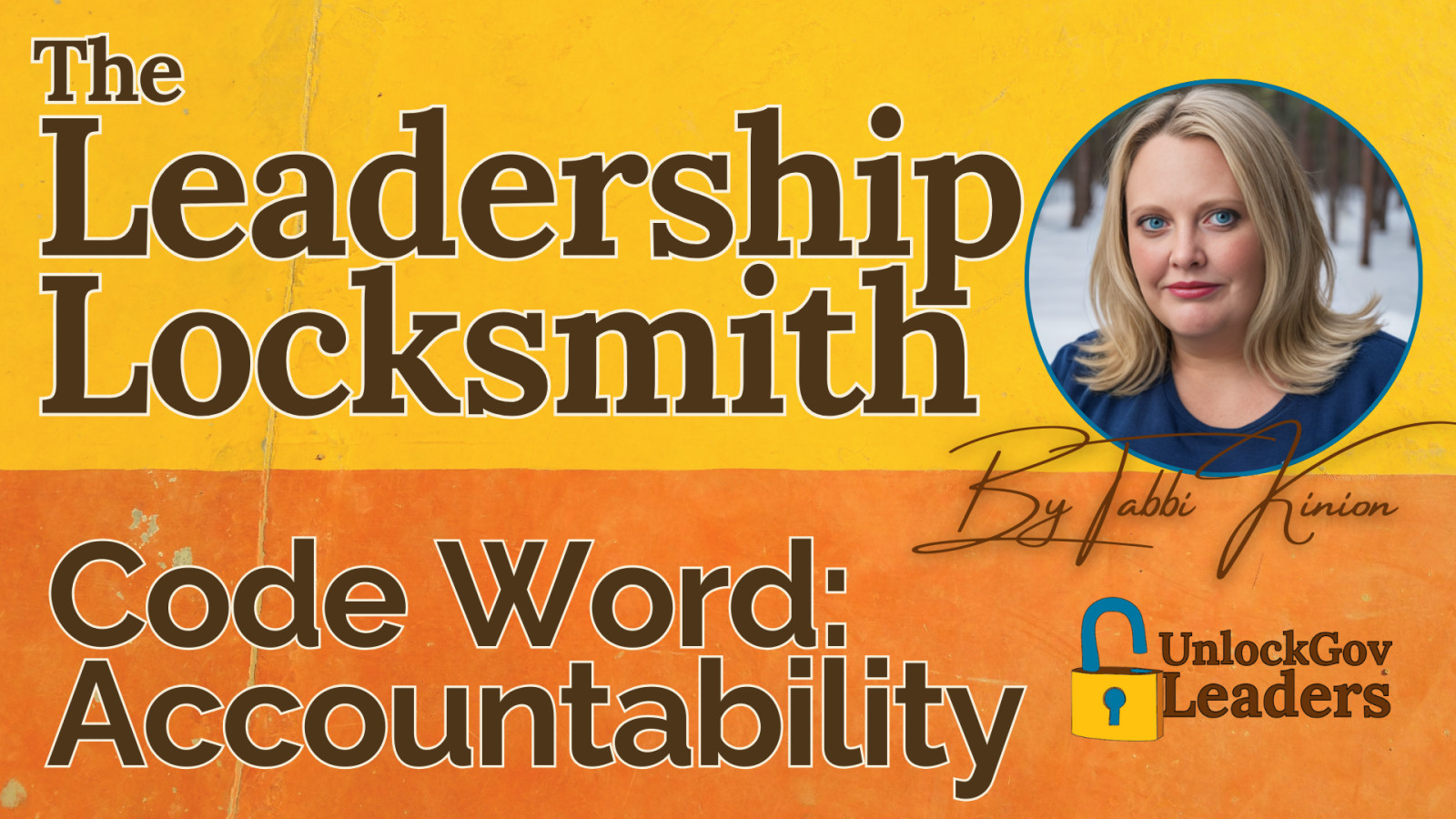
Picture this: It's 10 PM, and you're perched on your bed with your work laptop, crafting "just one more email." Sound familiar?
I've been there – doing the sleep-vs-early-morning mental hour calculation gymnastics, believing that "just a few hours on Saturday" would finally help me catch up.
Spoiler alert: It never did.
Here's the truth about burning the midnight oil: Back in 2014, Stanford economist John Pencavel's study, The Productivity of Working Hours*, proved what we secretly suspected – our productivity plummets after we work 50 hours per week. Those extra late-night email sessions? They're making you less effective! The sweet spot? 40-50 hours max for peak performance.
If we've known this for a decade, why keep pushing ourselves?
It's our brains. We do this to ourselves because we haven't worked on changing the belief system that tells us we are the exception to the rule - that we are the human being who gets more productive when working too many hours. But if you add up the weekend, late night, or early morning hours and regularly cross the 200-hours-per-month threshold (the number that, if it showed up too many months in a row, would make my boss sit me down in her office and ask questions), you are likely falling prey to some of these common logical fallacies that used to plague me.
Let's bust some of these common sneaky leadership mindset traps.
Do any of these sound familiar?
- "If I don't handle everything, the whole project fails" (All-or-nothing thinking that ignores your team's capabilities)
- "Last week's budget mess means I'm always behind" (Overgeneralization of one isolated incident being applied to everything you do)
- "Every team challenge is my responsibility" (Personalization and ownership that undermines your delegation and your team)
- "Long hours are just part of public service" (An appeal to a tradition that perpetuates burnout)
- "I feel overwhelmed, so I must not be working hard enough" (Emotional reasoning at its finest...)
🔑 This week's Leadership Locksmith code word: BALANCE
Once you realize that you are a human being who falls into these common traps, the real magic happens when you prioritize and embrace balance.
When you work fewer than 50 hours per week, you get:
- Sharper decision-making (because sleep beats spreadsheets)
- Higher team performance (they mirror your healthy boundaries)
- Enhanced creativity (stressed brains don't innovate)
- Better stakeholder relationships (no more cranky emails!)
- Improved work quality (focused hours beat zombie hours)
- Sustainable long-term success (marathons > sprints)
The secret to breaking free? It's not about working more – it's about working smarter. Private sector leaders figured this out ages ago (with help from their leadership coaches), and now it's the public sector's turn!
Because as John C. Maxwell says, "The best leaders are not the ones who walk alone. They are the ones who walk with others."
*Pencavel, J. (2014). The productivity of working hours. The Economic Journal, 124(575), 200-223. https://doi.org/10.1111/ecoj.12037












0 Comments